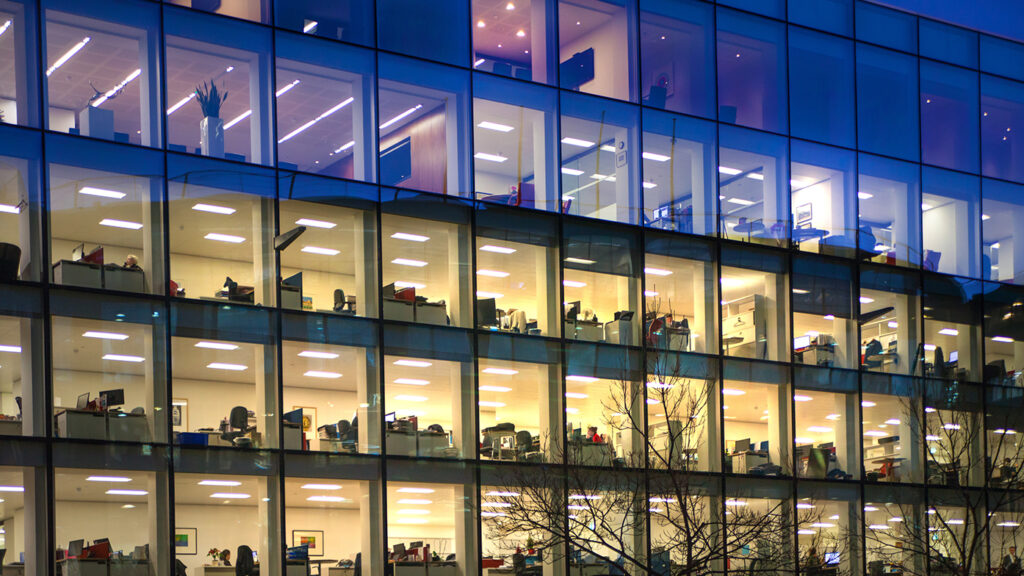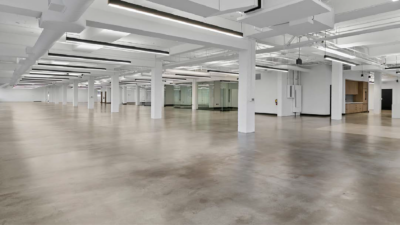User experience (UX), simply defined as the experience users have when exploring a website or a digital product, is an integral piece of staying relevant and competitive in any industry. The easier or more enjoyable a product is to use, the better the user experience is. For example, if you look at two product offerings such as a traditional taxi service and ride share services such as Uber, you’ll see that the nuts and bolts of what both provide — the ability to obtain a car ride from point A to point B — is essentially the same.
However, a stark difference between the two products is the user experience. From the way the service is obtained (by calling a phone number listed on Google Maps or hailing a taxi from the sidewalk versus using an app on your smartphone) all the way to how payment is handled (using cash or credit card at the end of the ride versus the ride fare being automatically deducted from your credit card through the app), the services clearly operate in distinctive ways. While hailing a cab still exists as a viable option for those seeking a ride, it’s no surprise that the masses have gravitated toward ride share services like Uber due to their seamless user experience.
It’s easy to see how and why UX makes a difference in product offerings in our everyday tech-centric lives, but why is this relevant to commercial real estate, specifically in terms of how landlords and tenants build and experience their spaces?
Tenant Experience
In terms of property management, trends have shifted from focusing solely on black-and-white metrics like cost and efficiency, to more of a emphasis on creating the best experience for the tenant. “In the past, property management used to focus more on the physical space, whereas now we’re seeing the importance of also creating and maintaining a unique and robust tenant experience,” says Jake Edens, Colliers’ senior vice president of Technology & Innovation | USA. “As workplace trends shift, user experience in the form of tenant experience is crucial. If you have a tenant in your building, you want to make their lives better and ensure that they can really see the value of what they’re getting here, instead of wondering what they could be getting at another building next door. A big part of that lies in user experience.”
Enter Neighborhood Curated by Colliers, a platform that consists of technology-forward services for landlords and tenants. The platform provides innovative and industry-changing partnerships centered around augmented reality, cyber security and community staffing, bringing new life to properties. Utilizing Colliers advisory, technology and procurement expertise, Neighborhood Curated by Colliers connect with clients and better serve their needs in one place.
Collaboration is Key
“The ability for everyone involved in a clients’ real estate operations to share files, communicate efficiently and easily access data all in one place is critical,” says Edens. “Collaboration increases organization and productivity, and makes for faster project completions, ultimately improving the client experience.” In recognizing just how important technology is in advancing this, Colliers has recently developed a collaborative platform: MyColliers.
Launching in the summer of 2019, MyColliers is a collaborative space where centralized interactions between our advisors and clients are housed in dedicated, confidential project rooms. On this platform, Colliers clients have access to some of our proprietary applications and data bases to assist with the complexities of real estate decision-making. This single resource provides for access to portfolio analytics, proprietary technology tools and preferred technology partner vendors.
Client Experience: What’s Next?
As technology continues to advance and further enhance the commercial real estate experience for clients, what trends are we likely to see in future technology offerings? It’s been discussed that it’s crucial for landlords and developers to focus on developing tenant experience before a project is even underway or prospective tenants have been considered, by focusing on community outreach to get a sense of what prospective tenants are looking for in an experience.
“Artificial intelligence (AI) will dramatically impact our lives in the years to come, including CRE,” says Edens. “Colliers is collecting more data than ever before so we can use AI to create an even more personalized experience for both companies as a whole and their employees. Property managers’ clients are no longer just the companies that sign leases in their building, but the community that their buildings create, meaning that it’s crucial to pinpoint what that personalized experience looks like for each client and their employees.”
This article was written by the U.S. Colliers Editorial Board, whose mission is to produce new and noteworthy commercial real estate thought leadership pieces to create conversation around proactive content. The Editorial Board focuses on CRE trends in the United States, and is comprised of Colliers marketing, research, communication and service line leaders.

 Colliers Insights Team
Colliers Insights Team

 Baily Datres
Baily Datres Mike Otillio
Mike Otillio
 Andrew Steele
Andrew Steele
 Martin Woodrow
Martin Woodrow Chris Zlocki
Chris Zlocki